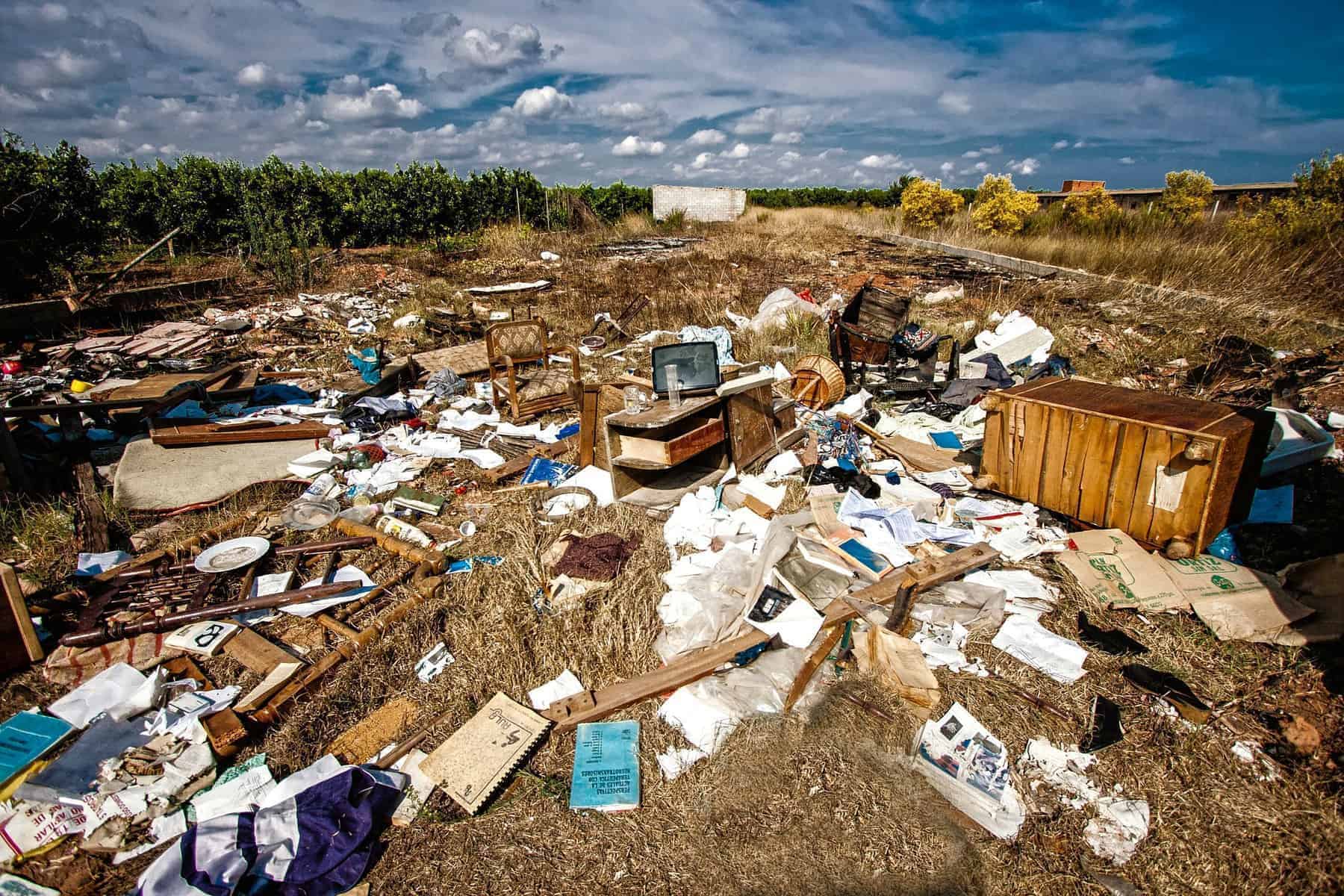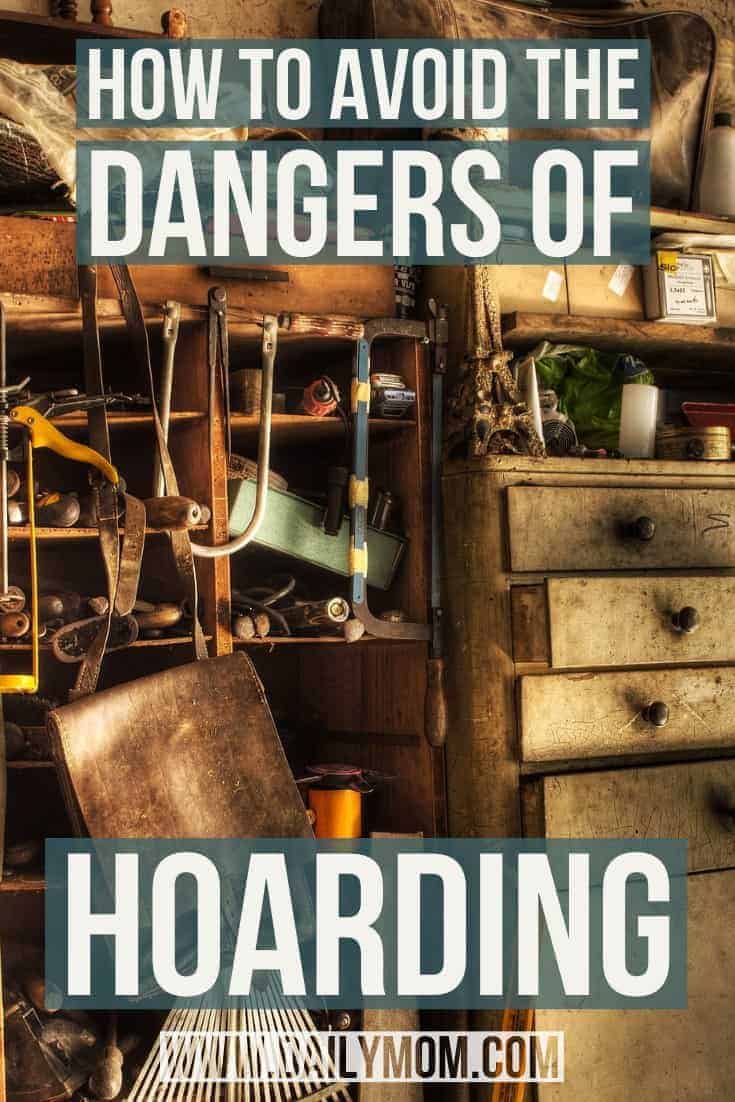Letting go of things that are meaningful to you can be difficult. Keeping a reasonable amount of items in your household is perfectly fine, as long as it doesn’t get to the point of developing a hoarding disorder. Hoarding is the excessive accumulation of materials in homes that poses a significant threat and can be fatal. There are numerous safety issues that can affect someone who hoards. In addition to creating hazards in the home, there are sanitation, health, and mental problems that can arise, severely decreasing the quality of life for not only the hoarder, but any others that find themselves living or interacting with a hoarder.
A Hazard to Your Life and Property
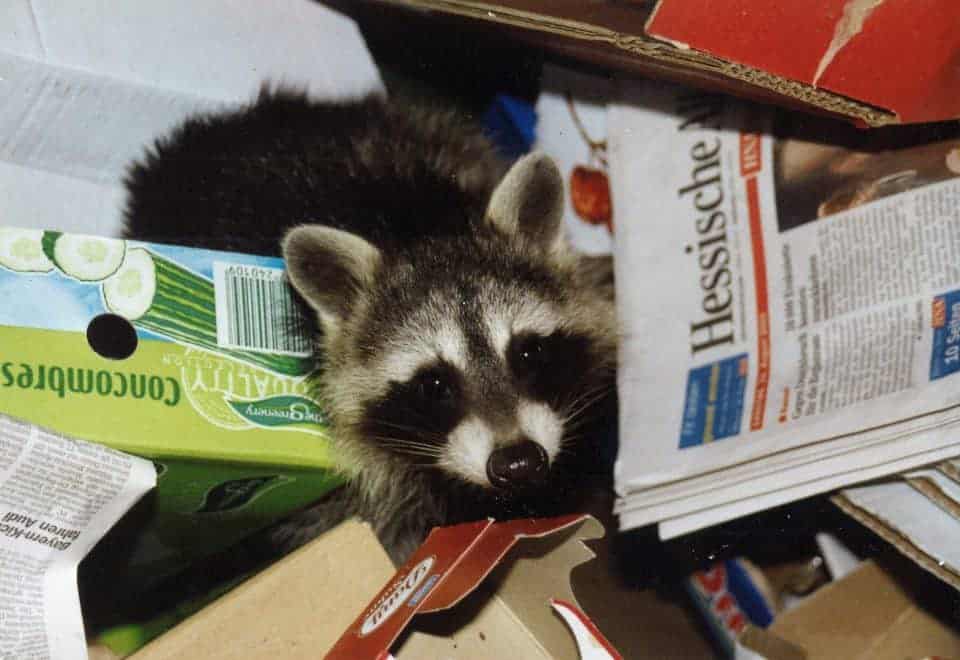
Hoarding can create a multitude of hazards. Many occupants die in homes where hoarding is an issue due to several different circumstances. Often, exits are blocked by the large amounts of items, preventing occupants inside from being able to escape from the home in the event of a fire or other emergency. In addition, residents and visitors of a home with a hoarding interior often suffer from injuries. Many people who hoard are frequently hurt when trying to navigate through the home because it is easy to trip over things or have materials piled high fall on them. Additionally, it is not uncommon for wild animals to enter the home and begin to inhabit. Many times it happens unbeknownst to the home owner because of all of the trash in the home.

Safety is not only a major issue for those inhabiting a hoarding house, but also for first responders required to provide assistance to those inside in the event of an emergency. Responding firefighters, law enforcement officers, and emergency medical personnel can be put at risk due to obstructed exits, falling objects, and excessive loading that can lead to collapse. Hoarding makes fighting fires and searching for occupants far more difficult and time consuming, potentially lowering chances of rescue and recovery. Additionally, those living adjacent to an occupied hoarding structure can be quickly affected when a fire occurs due to excessive smoke and fire conditions.
Diagnosing and Accepting a Hoarding Disorder
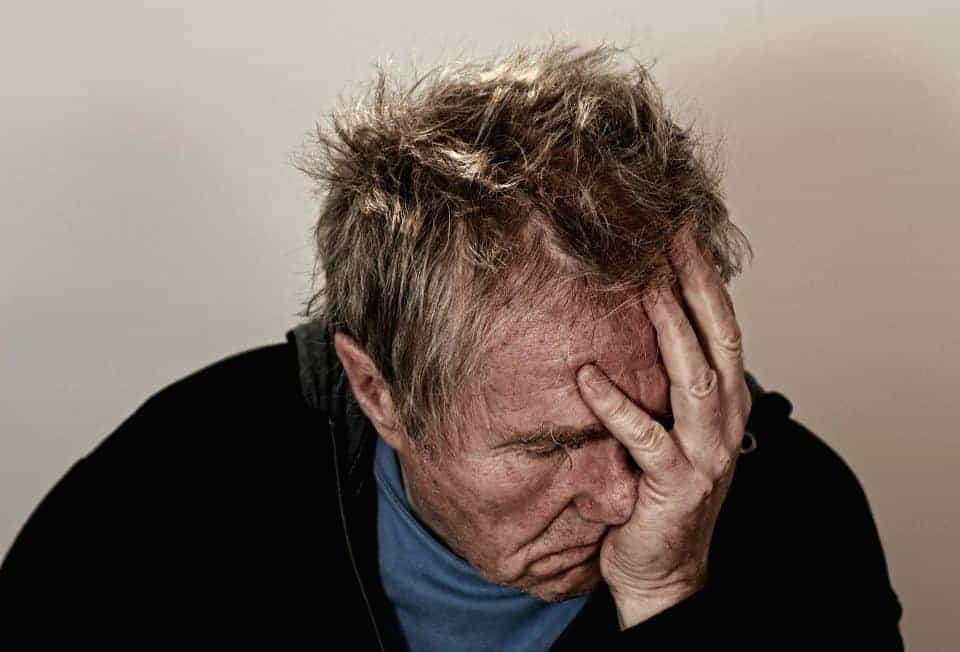
Hoarding is a disease. Many people with a hoarding disorder do not believe that they have a problem. When brought to their attention, they will frequently make excuses for why they “need” a specific item and can’t throw it away. They are constantly thinking about accumulating more stuff and how they “might” use something later, making them unable to get rid of things. Whether an individual’s hoarding disorder is undiagnosed, or has already been confirmed by a medical professional, it is often easy for those closest to a hoarder to recognize a serious problem is present. However, accepting a hoarding disorder can be extremely challenging because many don’t understand that they live differently from the majority of the population. To seek professional help for hoarding, it is usually best to first receive an official diagnosis through a psychological evaluation performed by a mental health professional.

If you suspect that you or someone you know may have a hoarding disorder but aren’t sure if you should take the next step to get help, ask yourself a few questions:
- Do you avoid throwing things away?
- Do you refuse to make decisions about your clutter?
- Do you realize that you may not have space for certain things?
- Do you have difficulty getting through your home and accessing rooms and exits?
- Do you have trouble finding specific items?
- Would it make you emotional to get rid of some items?
- Are you able to comfortably have guests in your home?
- Have you previously attempted to declutter and did you have any success?
- Are you able to provide proper care for your children or pets living in your home?
- Have people close to you mentioned concern about your habits to you?
- Do you have or are you currently being treated for other mental health issues?
Treating a Hoarding Disorder
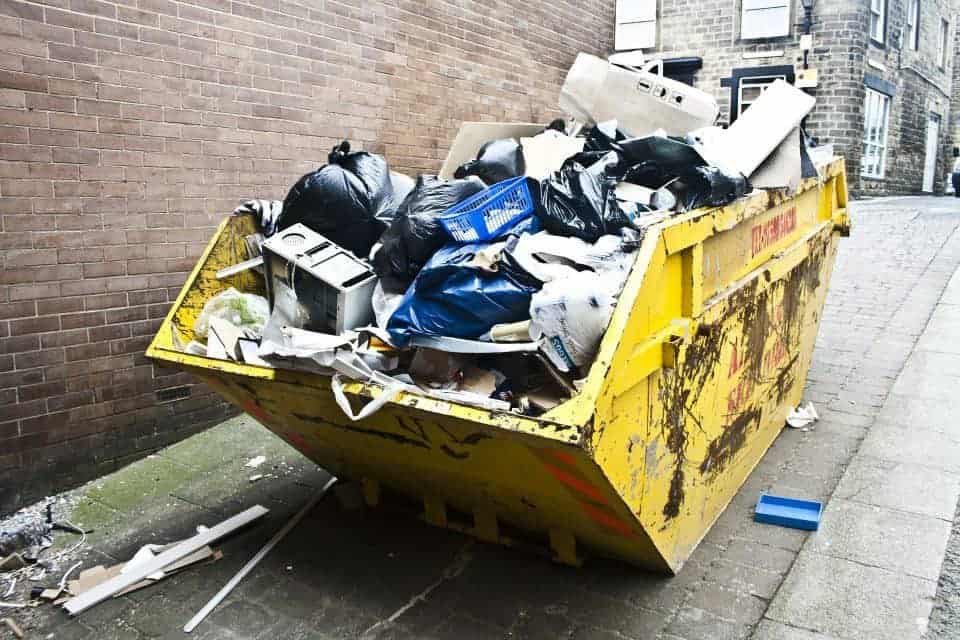
Once a hoarder has agreed to receive treatment for their disorder, it is important for the individual and those involved in the process to understand that the issues won’t be resolved overnight. For many, their possessions give them comfort and they simply cannot imagine getting rid of those items. It is not uncommon for hoarders to become angry when confronted with their disorder, and even hostile or violent when others suggest that they let go of some possessions. If relatives or friends take it upon themselves to eliminate some items without the hoarder’s knowledge, it should not be surprising if the hoarder in turn quickly collects more items. Many hoarders believe they must replace the missing property in order to feel fulfilled and happy.
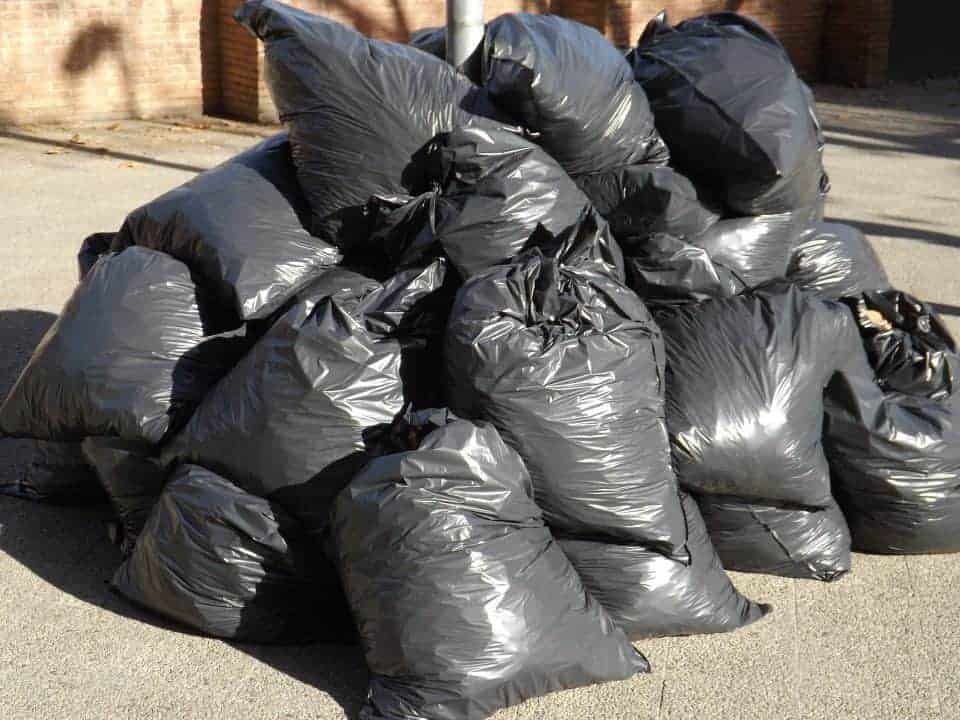
Several treatments can be utilized to combat a hoarding disorder, including cognitive behavioral therapy, psychotherapy, and prescribed medications. Medical professionals may request the involvement of family and friends to add emotional support and motivation. Additionally, agencies that specialize in hoarding may also be hired to gain control of extreme hoarding. Through these efforts, hoarders will learn and practice new behaviors and participate in making changes to their day to day life. Some of the treatments a hoarder may undergo and skills hopefully developed are:
- Accepting help from family, friends, doctors, and professionals
- Taking small steps and not becoming defeated when improvement is slow
- Learning to recognize and believing that acquiring items is not necessary
- Resisting urges to save and accumulate items
- Developing organization to help keep possessions in order
- Improving decision-making and coping skills
- Maintaining personal hygiene and nutrition
- Partaking in an in-home visit by professionals to work on decluttering the home
- Avoiding isolating yourself from from friends and family
- Reaching out to others during moments of weakness and doubt
- Becoming more socially active to refrain from hoarding tendencies
- Attending personal and/or group therapy sessions
- Sticking to your individual treatment plan
- Continuing periodic visits and ongoing treatment to maintain healthy habits
- Looking out for yourself
Children and Hoarding
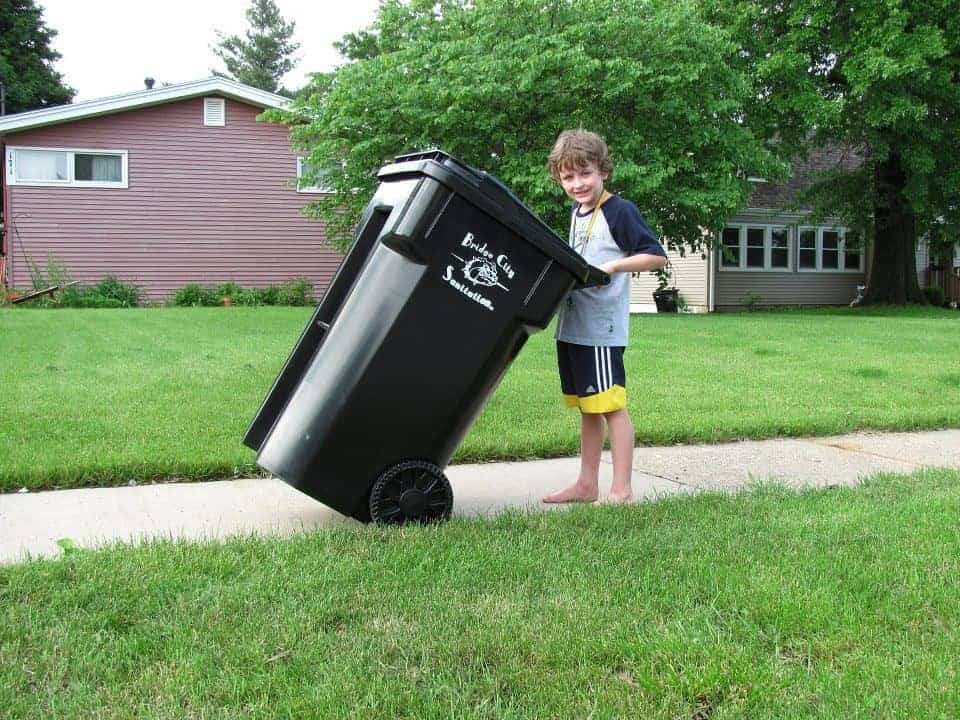
Although it may seem unlikely for children to be hoarders, a number of circumstances can cause children to develop a hoarding disorder. Experiencing a tragedy at a young age can potentially trigger children to feel like they must hold on to possessions to cope with loss. If this behavior is manifested in youth, it will most likely remain into adulthood and be more challenging to break as time progresses. To prevent children from becoming hoarders, parents need to be in tune with their child’s actions and try to recognize the disorder early enough to modify their habits and seek rehabilitation if necessary. It is crucial to not allow your children to save an abundance of items because they are throwing a fit or feel anxious because this is reinforcing a routine that is unhealthy. Talk to your children about keeping their room clean and tidy and participating in chores that involve things like taking out the trash and organizing. Encourage your whole family to occasionally sort through their clothes, toys, and other miscellaneous items to get rid of certain things. Plan a garage sale or gather things to be donated that you and your family members no longer wear, play with, or use. This will instill a regiment of regularly evaluating the need for the items your child and family members possess.
If tragedy does strike your home or the home of someone you know as a result of hoarding, read about How to Recover After the Disaster of a House Fire.
Sources: Hoarding Treatment, Hoarding Disorder
Picture Credit: Pixabay



































